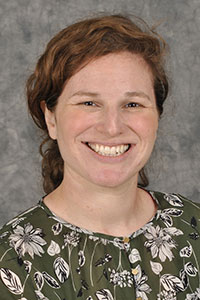Contact Us
Mammograms are a crucial tool in the early detection of breast cancer, and understanding their importance can save lives. A mammogram is a low-dose X-ray that allows doctors to look for changes in breast tissue that may not be felt during a physical exam. National guidelines say women should start getting annual mammograms at age 40, or earlier if they have a family history of cancer or other risk factors.
One of the key benefits of mammograms is their ability to detect tumors early, sometimes years before symptoms develop. Early detection significantly improves the chances of successful treatment. While some women may feel anxious about the process, understanding what to expect can help alleviate fears. The scan itself is quick, usually taking about 20 minutes, and involves compressing the breast between two plates to get a clear image. Some women experience brief discomfort, but remember that the procedure is safe and you are being proactive about your health. Many women find bringing a friend or family member for support helps.
“Self-care for all women includes getting your annual screening mammogram,” says Dr. Kim Clarkin, Director of Breast Imaging at Holy Name. “Mammograms are easily accessible and performed with compassion and the utmost consideration for maintaining breast wellness."
Most abnormalities found during a mammogram are not cancerous. However, any suspicious findings will typically lead to additional testing, such as an ultrasound or biopsy, to ensure an accurate diagnosis. Also, women with dense breasts may receive a notification to schedule additional breast screening, such as breast ultrasound, since dense breast tissue can obscure masses including cancer.
Regular mammograms can detect breast cancer at an early stage. By staying informed, addressing any fears, and being proactive about screening, you can take an active role in reducing your risk.
To learn more or schedule a visit with Dr. Clarkin please call 201-833-7100.


